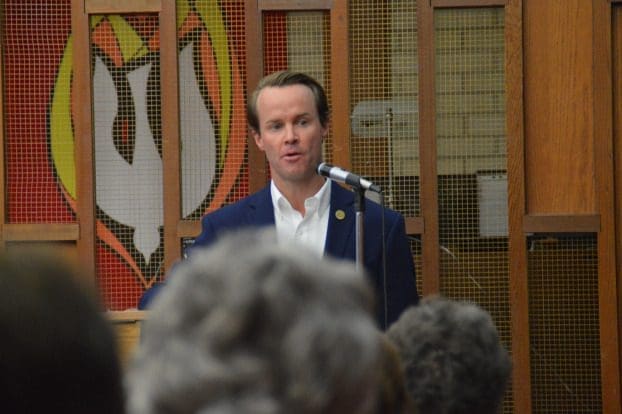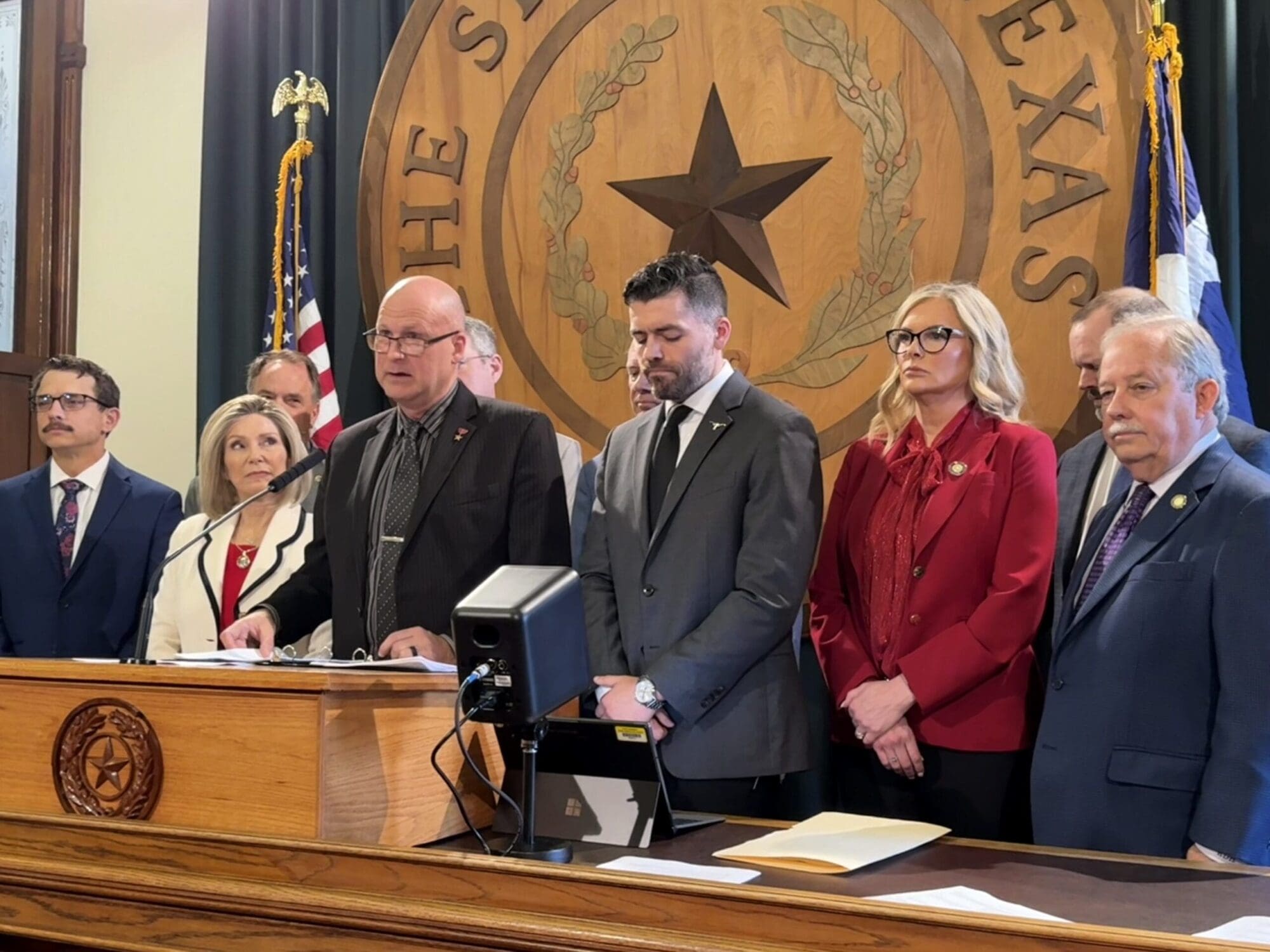An unspoken job description for the Speaker of the Texas House is that he works to support the re-election of the members—especially those in his party. But the unpopularity of Speaker Dade Phelan, both at home and around the state, has lawmakers working to keep their distance.
Certainly, no one in the House seems to be bragging at home about their relationship with Phelan.
For example, shortly after joining 61 Democrats and 60 Republicans in voting to impeach Attorney General Ken Paxton, State Rep. Ellen Troxclair (R-Lakeway) held a “fundraising reception” for herself. The “special guest” she listed to draw in Austin donors? Speaker Phelan, whose leadership team had organized that secret investigation and rushed impeachment.
Just three months later, though, Troxclair was asked in an email from a constituent about her relationship with Phelan. She was emphatic in her written reply: “I have never taken any campaign contributions or support from [Phelan].”
Generally speaking, establishment Republicans (like Troxclair) challenged by conservatives in their primaries have been trained to get “the speaker” (whomever that speaker happens to be) to support them with the Austin lobby. For the cadre of campaign consultants who often also work as lobbyists themselves, the incestuousness of the fundraising scheme works out nicely.
But, as Troxclair’s comical denial of support from the speaker suggests, some lawmakers are aware enough of disapproval at home to not want the baggage associated with Phelan.
Phelan’s popularity will be tested in 16 districts where he has directly contributed cash to Republican members of the Texas House being challenged in their primaries. Another four Republican members, who are also facing challenges from conservatives, took “in-kind” contributions from Phelan in the form of district polling.
Ironically, a fifth lawmaker—Andrew Murr, who led the impeachment push against Ken Paxton—accepted $14,000 in polling from Phelan… The results of which apparently helped Murr decide not to seek re-election.
The Austin Sewer has never been more toxic to the interests of Texas’ Republican voters. The manner in which incumbents navigate the days until the March 5 primary might indicate what kind of speaker will next emerge for the Texas House.





